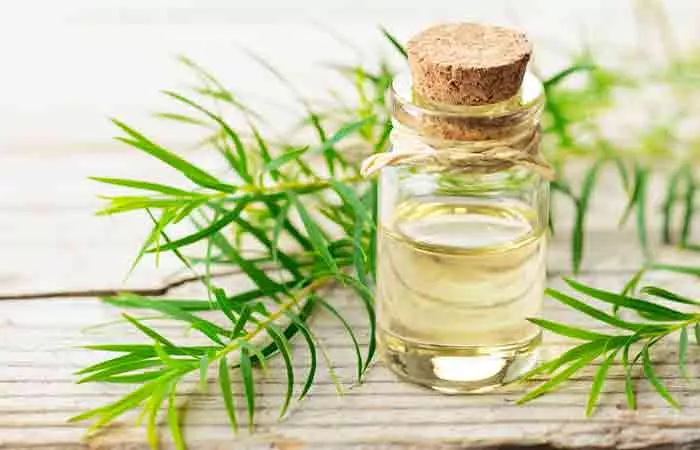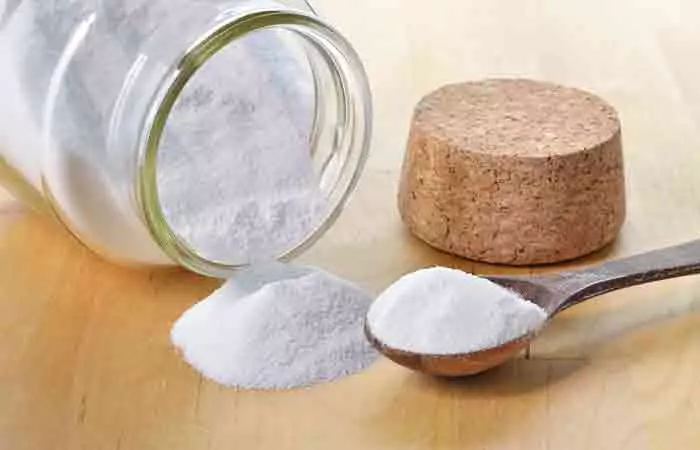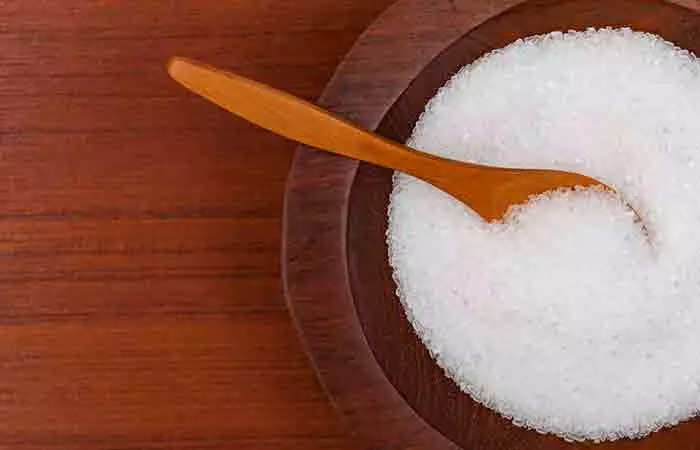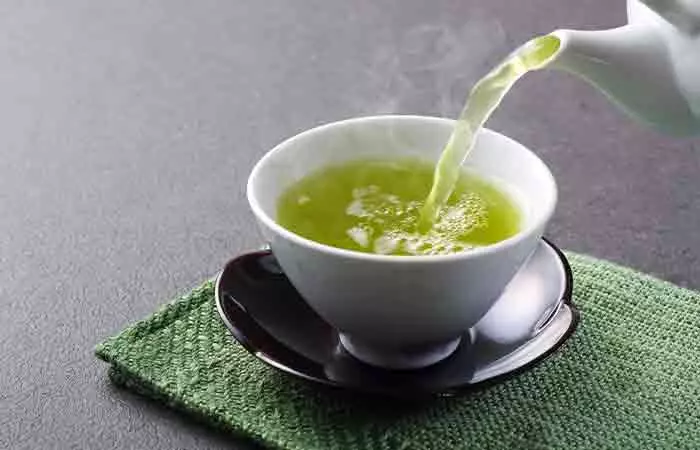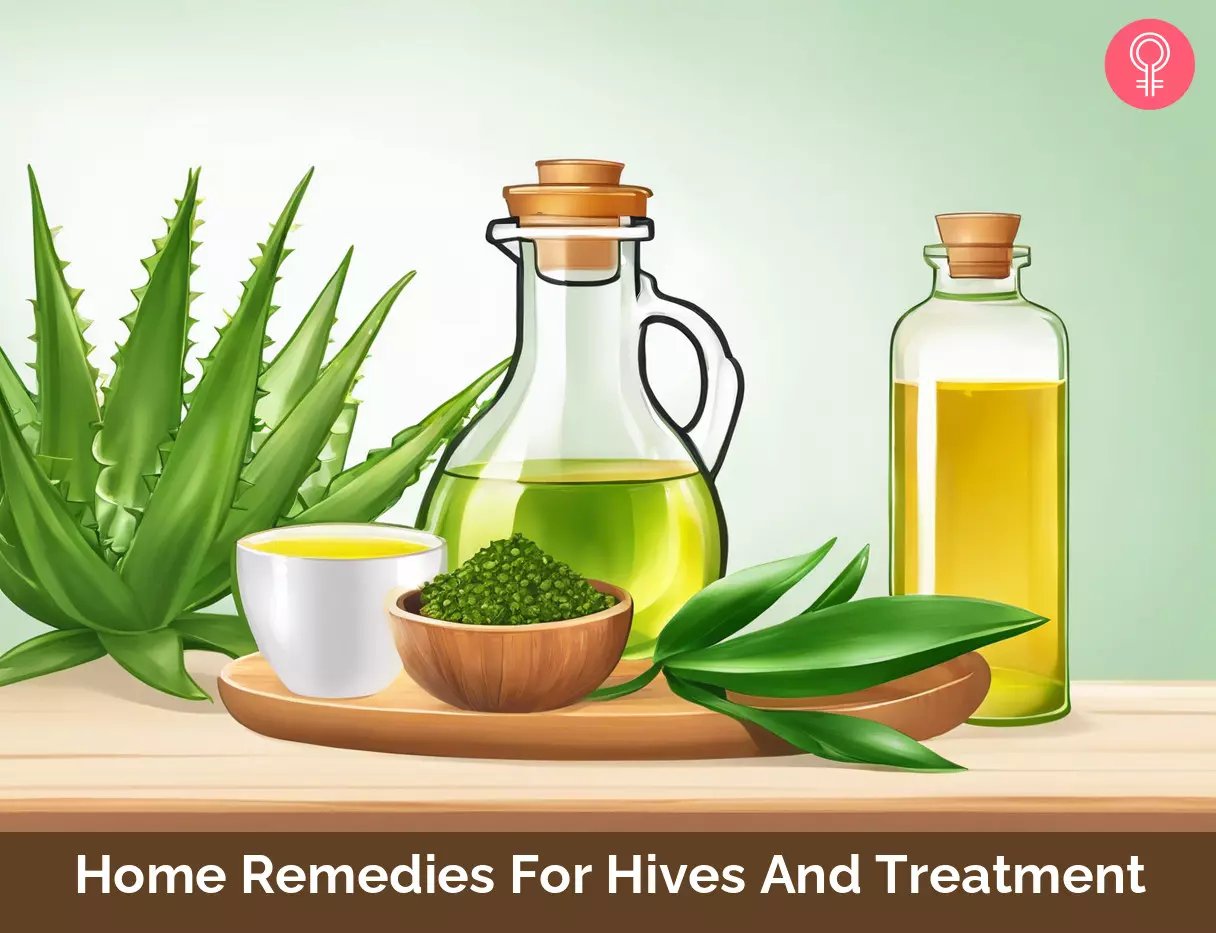What Causes Hives?
Hives is a condition that causes the skin to develop itchy red patches. It is also known as urticaria. It may appear as tiny spots or large blotches on the surface of the skin. It usually occurs as an allergic reaction to certain substances, medication, or food. When the human body triggers an allergic reaction, it causes histaminei A biologically active substance found in the tissues of the body that is released from white blood cells during allergic reactions. to be released, which results in the leakage of fluid into the skin’s layers. This makes the skin appear bumpy, red, and itchy. According to a cross-sectional analysis published in PubMed, the prevalence of chronic hives (urticaria) in the US was 0.23% (230 cases/100,000 adults). It was further estimated that the prevalence of hives in women was 310 cases/100,000 adults in comparison to that of men, which was 140 cases/ 100,000 adults. The next section explains the different types of hives in detail. Take a look.
Types Of Hives
Listed below are the different types of hives (1),(2), (3) :
Acute Urticaria: It is the most common type and may last for a few hours to six weeks. Chronic Urticaria: It happens twice a week for more than six weeks and may last for months or even years. It occurs due to autoimmune conditions like systemic lupus erythematosus (SLE) and Sjogren’s syndrome. Inducible Urticaria: This develops when you scratch your skin or when clothes rub against your skin. Aquagenic Urticaria: This occurs when the skin is exposed to water. Hives may occur regardless of the water’s temperature. Exercise-Induced Urticaria: This develops during or after an intense workout due to body warming or stress. Exercise-induced urticaria may cause symptoms like shortness of breath.
Home Remedies For Hives
1. Aloe Vera
Aloe vera is among the popular got-to home remedies for allergies. It possesses healing, soothing, and anti-inflammatory properties (4). These properties may help soothe the skin and promote faster healing. Aloe vera gel Do this once every night until the itching subsides.
2. Coconut Oil
Coconut oil has anti-inflammatory and analgesic properties (5). Hence, it may help reduce skin irritation and itching caused by hives. 1 tablespoon coconut oil Do this once a day.
3. Tea Tree Oil
Tea tree oil exhibits strong antibacterial and anti-inflammatory properties (6). These qualities make it one of the best essential oils for itching and general skin irritations. This may decrease the swelling caused by hives and also heal rashes.
A few drops of tea tree oil 1 tablespoon of carrier oil (jojoba or sweet almond oil)
Do this 1-2 times a day. Note: Do a patch test before application as it may cause skin irritation.
4. Witch Hazel
Studies show that witch hazel contains bioactive compounds, like tannins and proanthocyanidins, that exhibit anti-inflammatory activities (7). This may help in soothing the rashes and reducing swelling in the affected area. Witch hazel extract Do this 2 times a day.
5. Baking Soda
Baking soda baths were found to alleviate skin itching and irritation (8). Hence, baking soda may help in soothing the symptoms of hives.
1 tablespoon baking soda Water
Do this once a day.
6. Turmeric
The curcumin in turmeric is effective in improving conditions like pruritusi A skin condition that causes an irritating and uncomfortable sensation and leads to a desire to scratch. and psoriasis (9). Hence, it may help soothe the symptoms of hives.
1 teaspoon of turmeric powder Water (as needed)
Do this 2 times a day.
7. Epsom Salt
Epsom salt baths help in relieving inflammation and soothing the skin (10). This may help relieve itching associated with hives.
A tub of warm water 1-2 cups of Epsom salt
Do this once every day until the hives subside.
8. Supplements
Fish oil and vitamin D supplements may help in relieving the symptoms of hives. Fish oil is rich in omega-3 fatty acids that exhibit anti-inflammatory properties (11). These properties may help soothe your symptoms. Vitamin D supplements were found to help in the treatment and management of chronic cases of urticaria (12). Caution: Please consult a doctor before consuming these supplements.
9. Green Tea
Green tea is rich in polyphenols that have anti-inflammatory properties (13). Hence, it may help in reducing swelling in the affected area.
Water Green tea leaves
Do this 2 times a day.
10. Ginger
Ginger is rich in bioactive compounds that impart analgesici The property of a substance formulated to reduce or relieve pain without causing loss of consciousness. Also called painkillers. and anti-inflammatory properties to it (14). These properties may help in reducing pain and inflammation in the affected area.
1 teaspoon of ginger juice 1 teaspoon of honey
Do this 2-3 times a day. In addition, exercise may help reduce stress hormone levels that help minimize hives. Sarah Stevenson, a blogger, recounted her struggles with hives and explained how exercise helps reduce stress hormone levels. In her blog, she writes, “If I’m feeling okay enough to exercise, it might help–sometimes it seems to help me metabolize whatever medication I’ve taken, and the hives will start to go down (i).”
Over-the-Counter Treatment Options
Medical treatment options for hives include:
Calamine lotion Fexofenadine (Allegra) loratadine (Claritin) Cetirizine (Zyrtec) Corticosteroids
These are commonly administered antihistamine medications that may combat allergic reactions that give rise to hives. Make sure to take these medications only if a doctor recommends them. Furthermore, doctors may prescribe topical creams and ointments for skin hydration and to alleviate itching and irritation caused by hives.
When To See Your Doctor
Most cases of urticaria are usually mild. In such cases, you may treat it at home. However, if your symptoms do not subside after a few days, consult a doctor. If you experience any trouble in breathing or feel a swelling develop in your throat, seek immediate medical help. Here are some prevention tips that will help you.
Prevention Tips For Hives
Generally, hives occur as a reaction to a substance or food that you may be allergic to. You must avoid contact with all such substances and refrain from consuming any foods that may cause the release of histamine into your bloodstream. Additionally, some people may develop hives when they step out in the sun. Make sure to limit exposure to sunlight by covering up or applying sunscreen. Does scratching hives make them worse? Can hives spread by scratching? Scratching hives may make them sore and also increase the discomfort. It can also make them more severe and cause them to spread. Why do hives get worse at night? Skin itchiness may increase at night due to increased blood flow to your skin and increased loss of moisture from the skin surface at night. These factors may make hives itchier at night. Are hives contagious? In most cases, hives are not contagious as they are caused by the release of histamine in your bloodstream. In very rare cases, hives that are caused by viruses may be contagious. How long do hives last? Hives may last from a few minutes to several hours. In mild cases, it may last for a few minutes or last the whole day. Why am I breaking out in hives? Hives are often caused by allergens. Common triggers may include pollen, latex, eggs, detergents, and milk. Stress and some underlying condition may also cause hives. It’s better to consult a doctor if they do not subside in a few days. Can Covid cause hives all over the body? Yes. People with Covid may develop itchy rashes, which look similar to hives. However, not all may experience this. What do stress hives look like? Stress hives often look like raised red and itchy bumps on the skin. The best way to prevent them is through stress management and avoiding triggers. Deep breathing exercises, yoga, and other stress-managing practices can lessen the frequency and intensity of stress hives. What is the difference between a rash and a hive? Hives are raised bumps on the skin, which are typically caused by an allergic reaction. Whereas rashes are flat, red, and may appear scaly. They are caused by irritants. What infections cause hives? Hepatitis, bacterial infections like Helicobacter pylori, or dental infection may cause hives.
Illustration: Home Remedies For Hives And Treatment
Learn how to manage hives at home with simple natural remedies. Click on this video to help get relief from the itching and discomfort quickly and easily.

